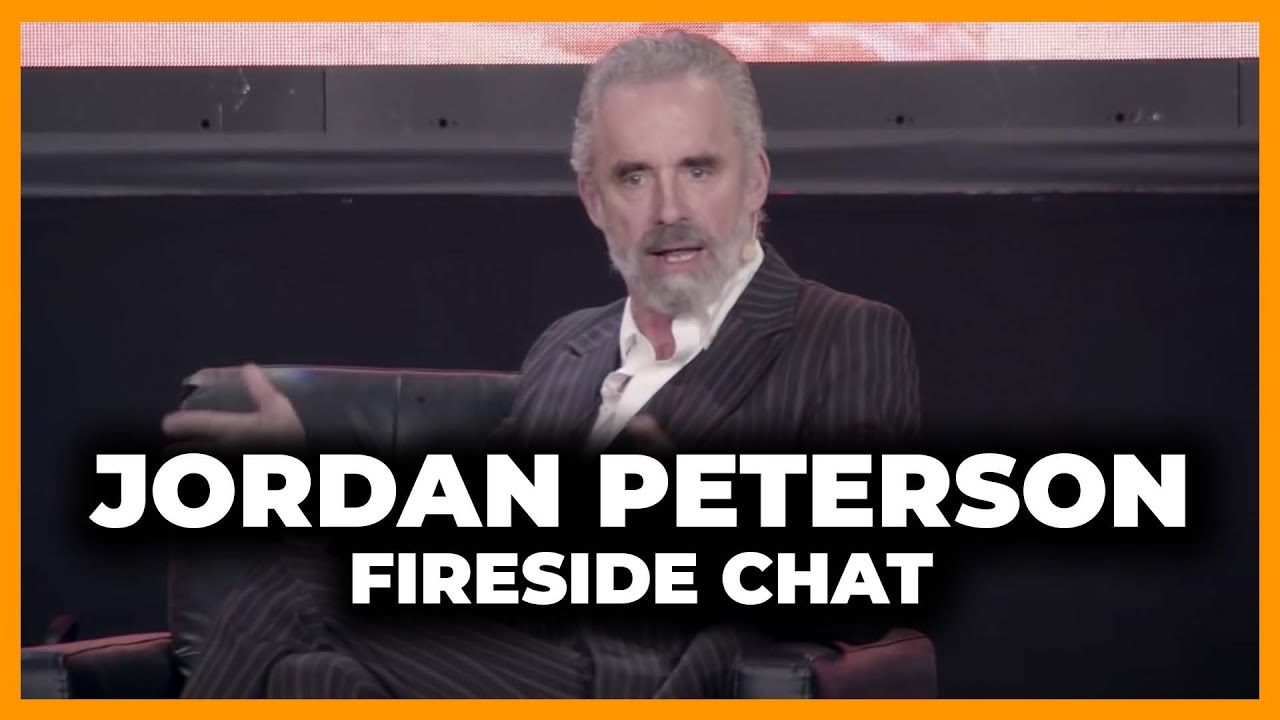I’ve heard about Jordan Peterson and his recent public departure from academia but had not seen more than a few brief video clips prior to this.
Is it just me, or does there seem something creepy or off about this guy? Maybe it’s just that he doesn’t look at either the interviewer or the audience while speaking, but if he were selling something, I wouldn’t be buying.
He is a recovering academic – so he is likely fitting his former lecture style into the question and answer format at this 2022 Bitcoin Conference.
He was born in Edmonton, Canada, which is to Canada, what Houston is to Texas. (In fact NHL Team there is named Edmonton Oilers.) Perhaps that is one of the factors why he seems to have a unique perspective on things – he understands the importance of Energy.
He was one of the few conservatives in academia in psychology – and is a strong proponent of individualism, and his best selling book 12 Rules for Life Jordan Peterson | 12 Rules For Life (which I have not read, but seems to provide guidance for the poor souls with only a government “school” education).
Peterson’s talk made me ponder, Is there a cryptocurrency that like BTC, had an anonymous founding, but unlike BTC that also provides anonymous transactions ???
What is stopping a group of lesser coins to pool resources and create this BTC replacer?
The original platform providers would be given so much power (ie cryptocoin) that perhaps a cryptocurrency constitution and the founding coins is in order (along with fair distribution with profit, but not God-like profit).
Just had an insight from watching (at 31 minute mark).
Peterson ties Bible’s Tower of Babel story to Swiss Constitution’s provision of Subsidiarity (but not in those exact words). And states that is reasoning behind Brits vote for Brexit.
“So Big, Will Fail”, therefore allow for local power (my words) in a healthy capitalist system, this naturally occurs. Law does not have to be written for pruning – large entities misjudge and lose their position while new ventures meet needs and step up (close to this was achieved in the U.S.A. in the late 1800s and early 1900s in U.S.A).
Also, in many cases enterprises grow large and stagnant because of government intervention, direct or indirect, which creates barriers to entry by innovative competitors. Highly-regulated industries such as the railroads from the 1890s through the 1960s and airlines until the latter half of the 1970s (one of the few things Jimmy Carter got right) were effectively monopolies in the territories assigned to them by regulators and had no incentive to reduce costs, price to customers, or improve service. Simply allowing competition is all it took to dramatically cut costs and expand the market.
Often, when we look at “disruption” by a new technology, it’s because the new technology escapes the attention of the regulators and is able to snatch the market away from entrenched incumbents previously protected by regulation. The advent of cable and satellite television and home video ending the comfortable oligopoly of the television networks is an excellent example of this.
The original concept of the peer to peer Internet promised to allow new forms of communication and interaction to spontaneously appear and compete in a fair arena. Let’s hope the centralisation we’ve seen over the last 20 years will eventually be seen as an aberration caused by the economics of communication technologies that were later made obsolete by satellite broadband and 5G and its mobile successors.
Thank you! Lo, Petersen is worshipped and glorified, because he wouldn’t kowtow to the personal pronoun fiasco—good!—but I see nothing profound about his rules to live by—at all. Now, he’s kinda back from the dead after a descent into addiction and depression, triggered by his wife’s illness. I’m sorry about that and glad he’s ok. But as for message: well, let’s say Ayn Rand said it better, a long time ago.
Jordan Peterson’s is a flesh and blood conservative that has come back from addiction and near death in the past three years. He is far from Rand’s idealistic characters and more like us (excluding Elon Musk and John Walker)!
